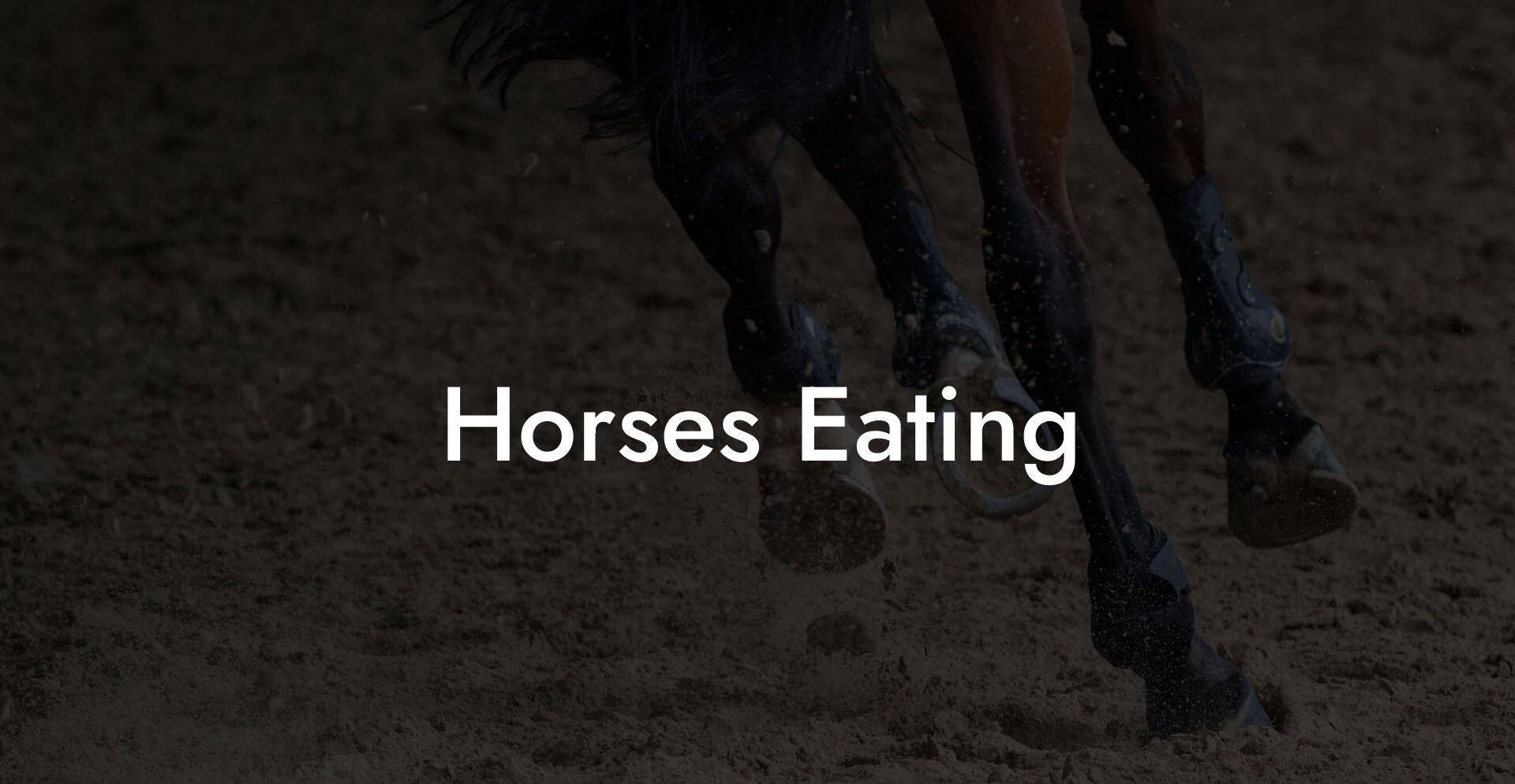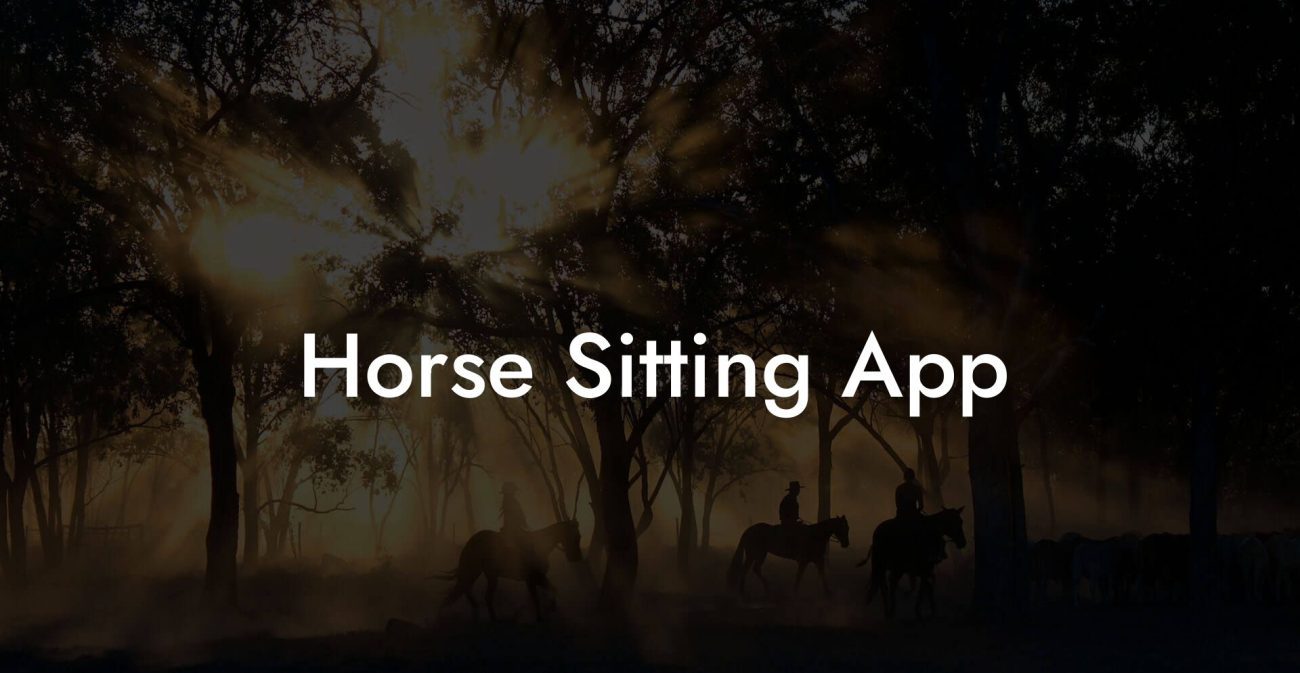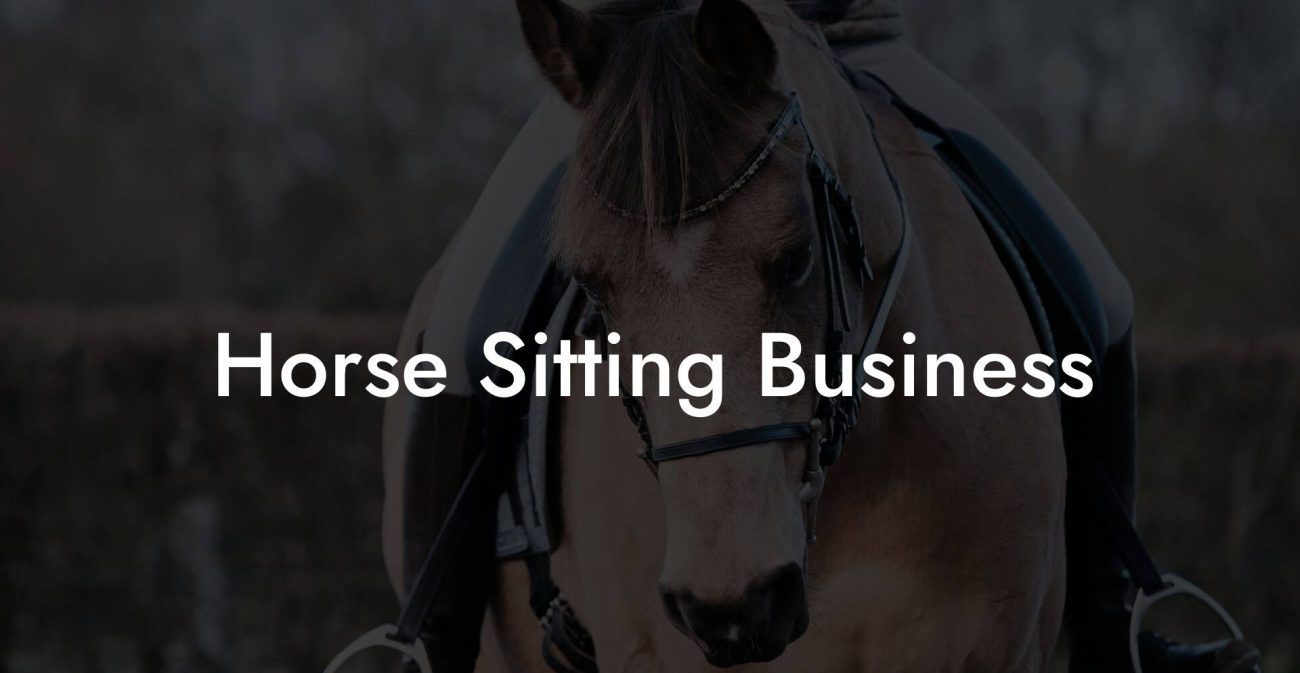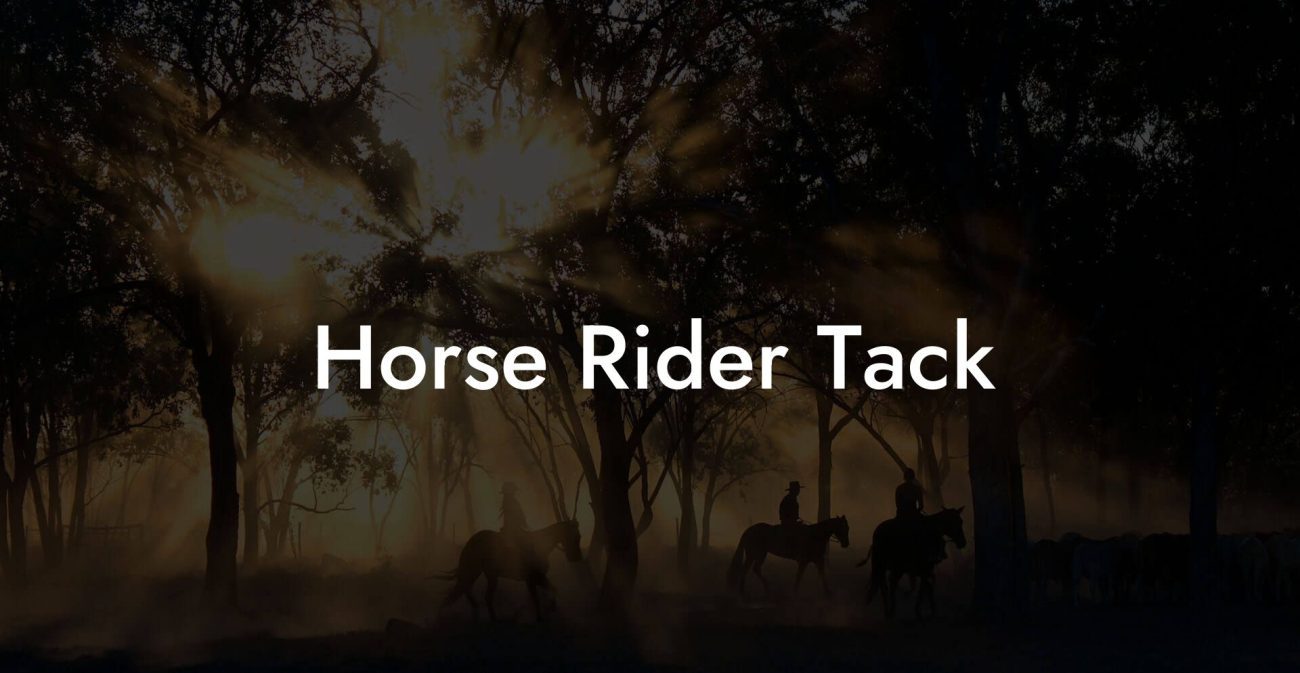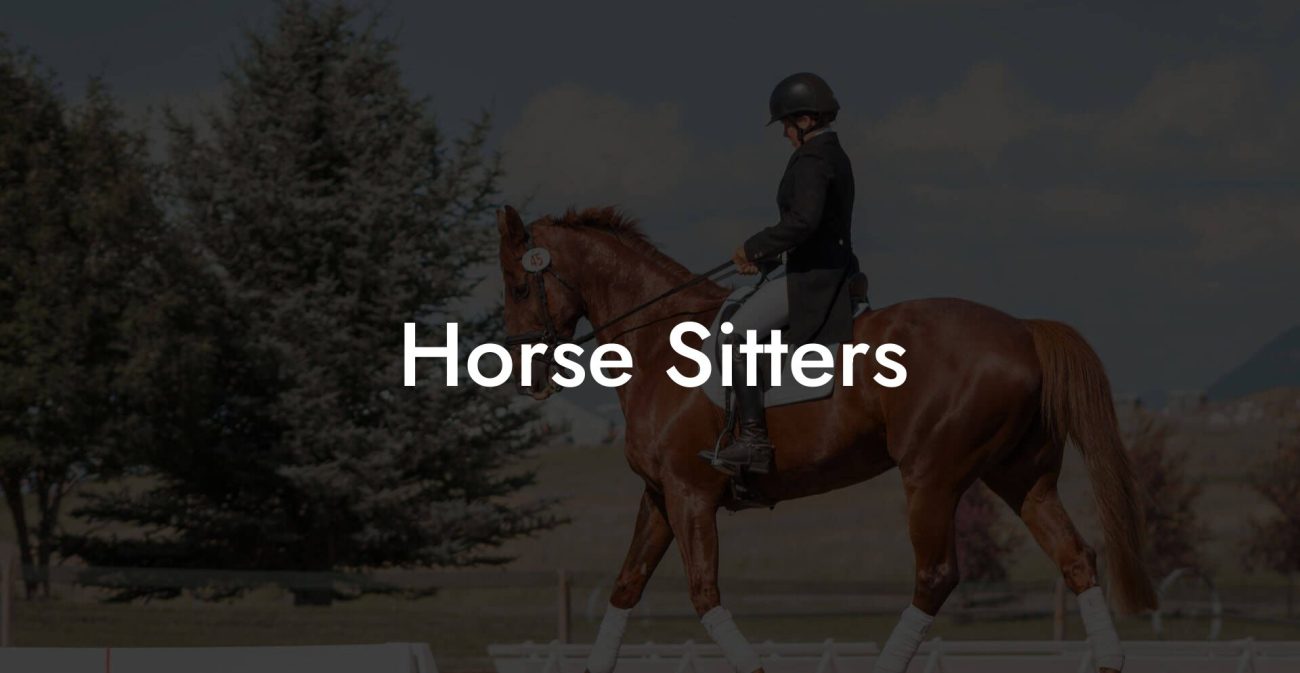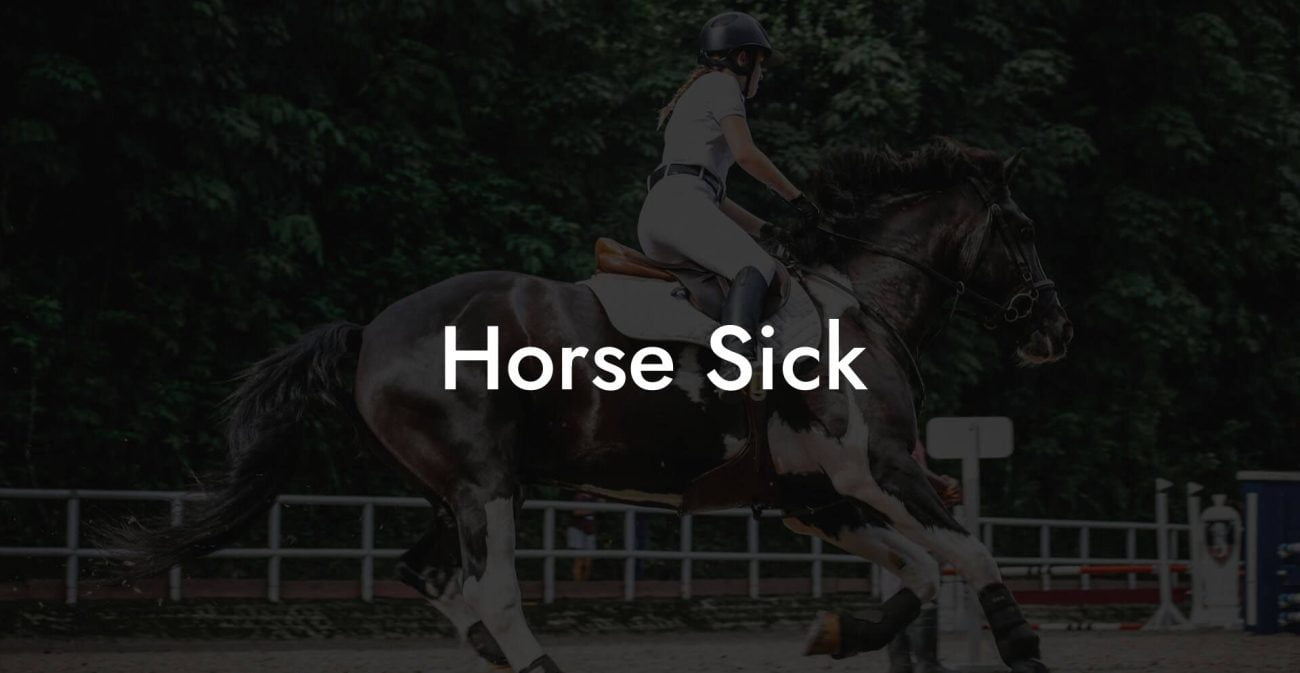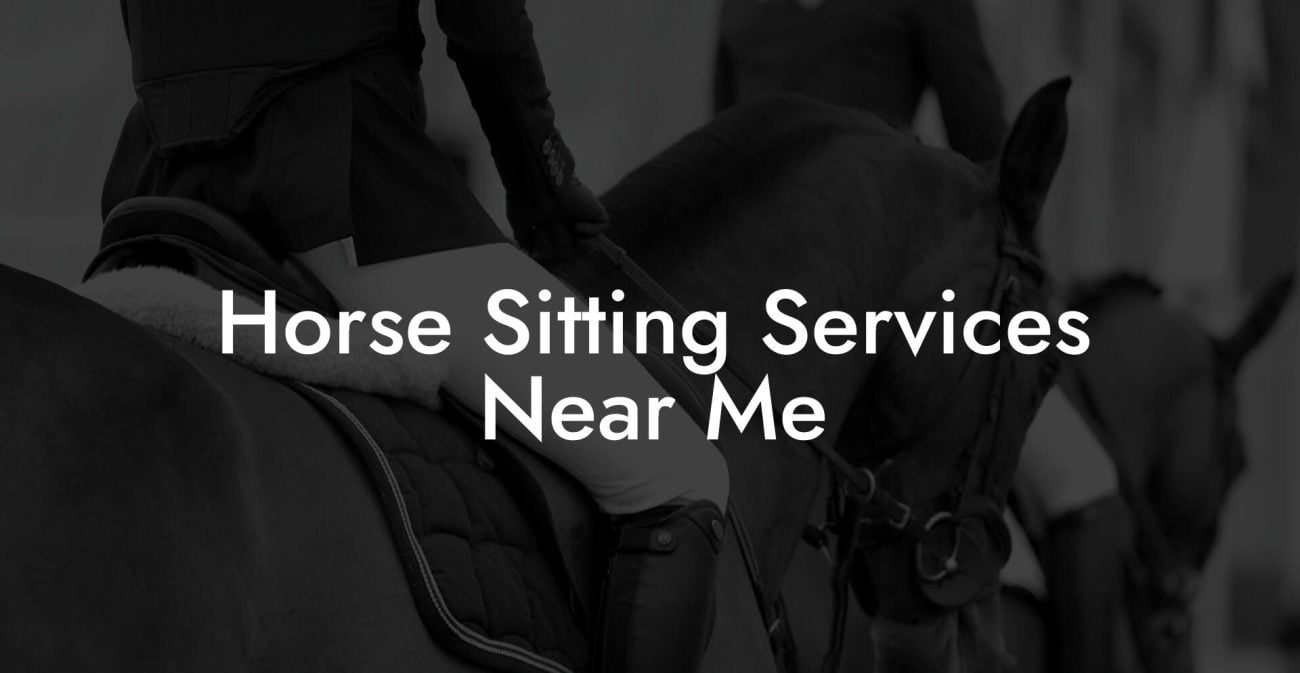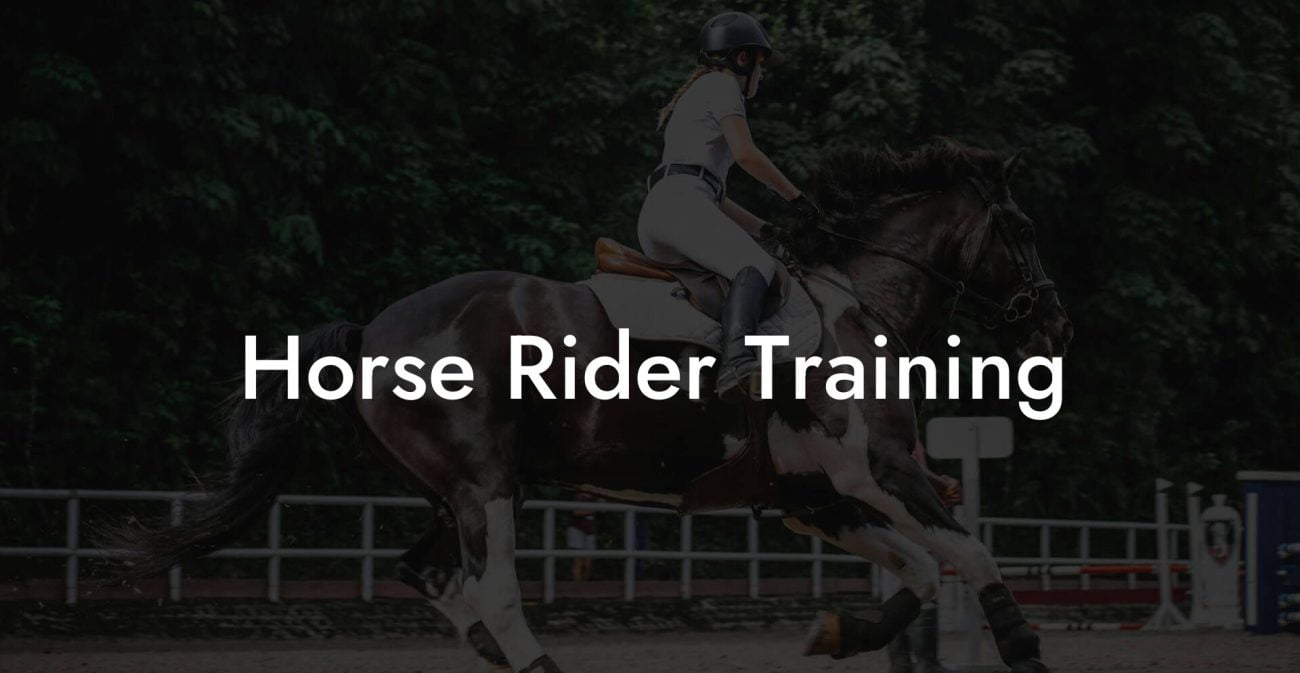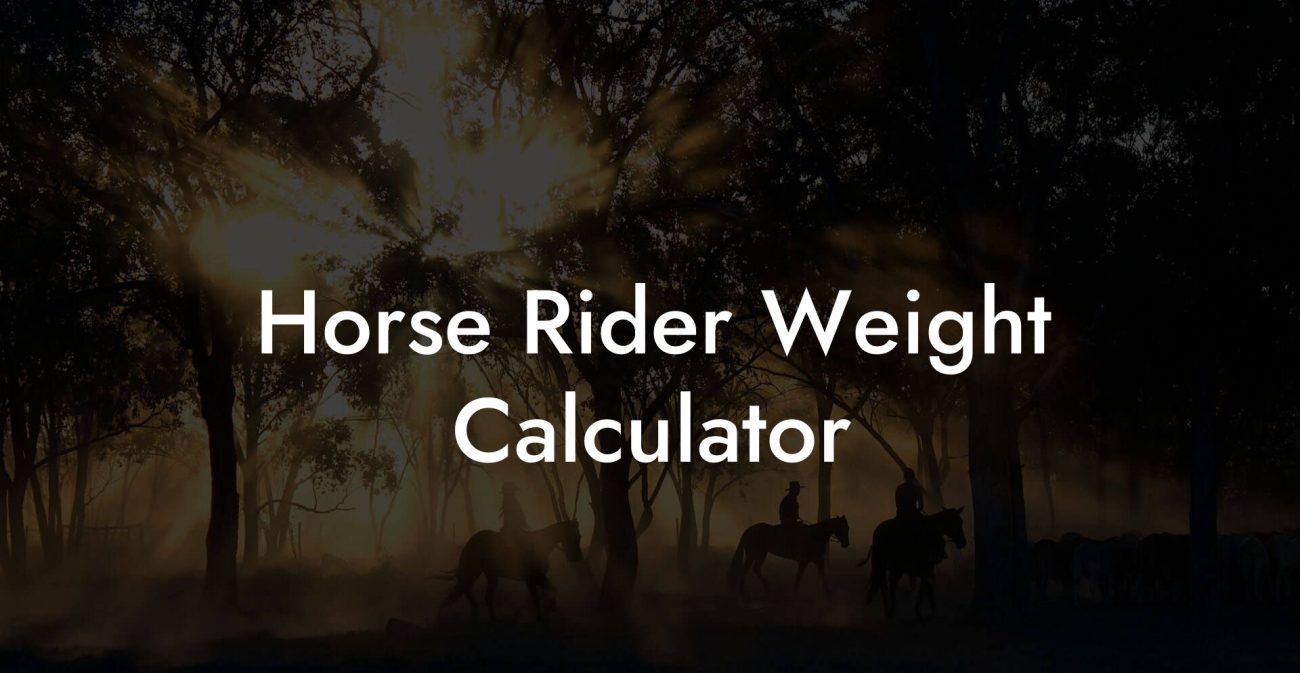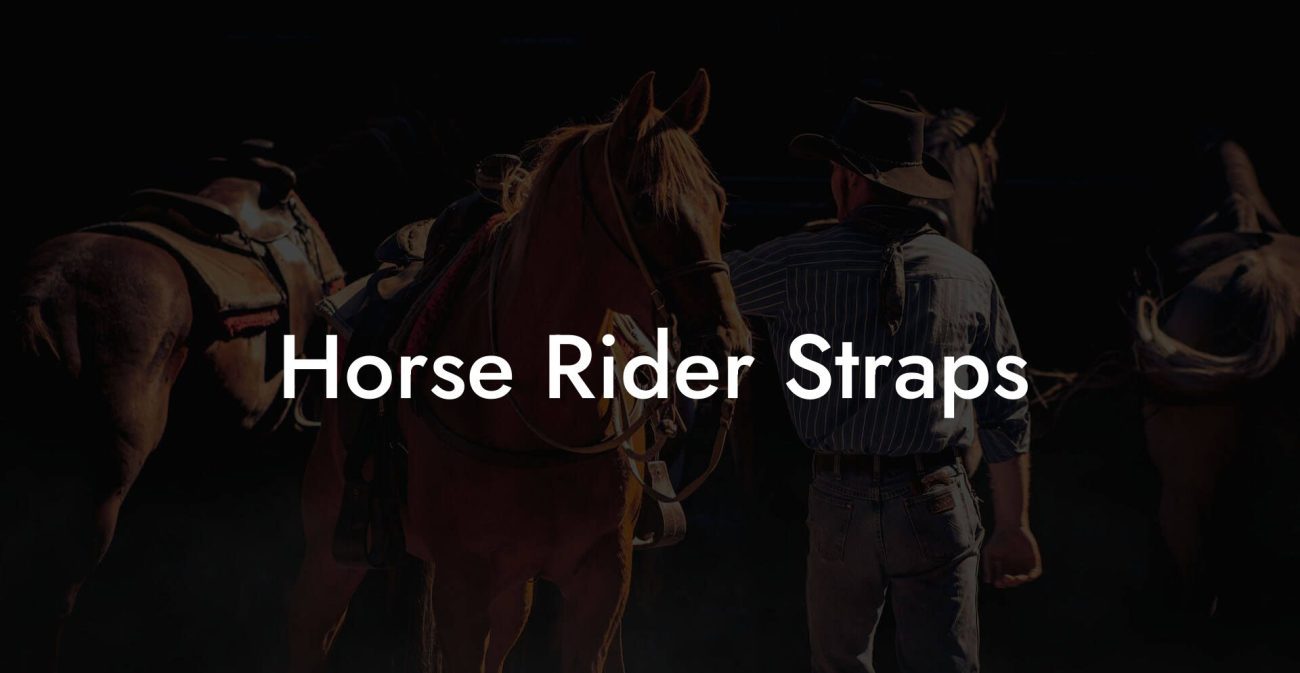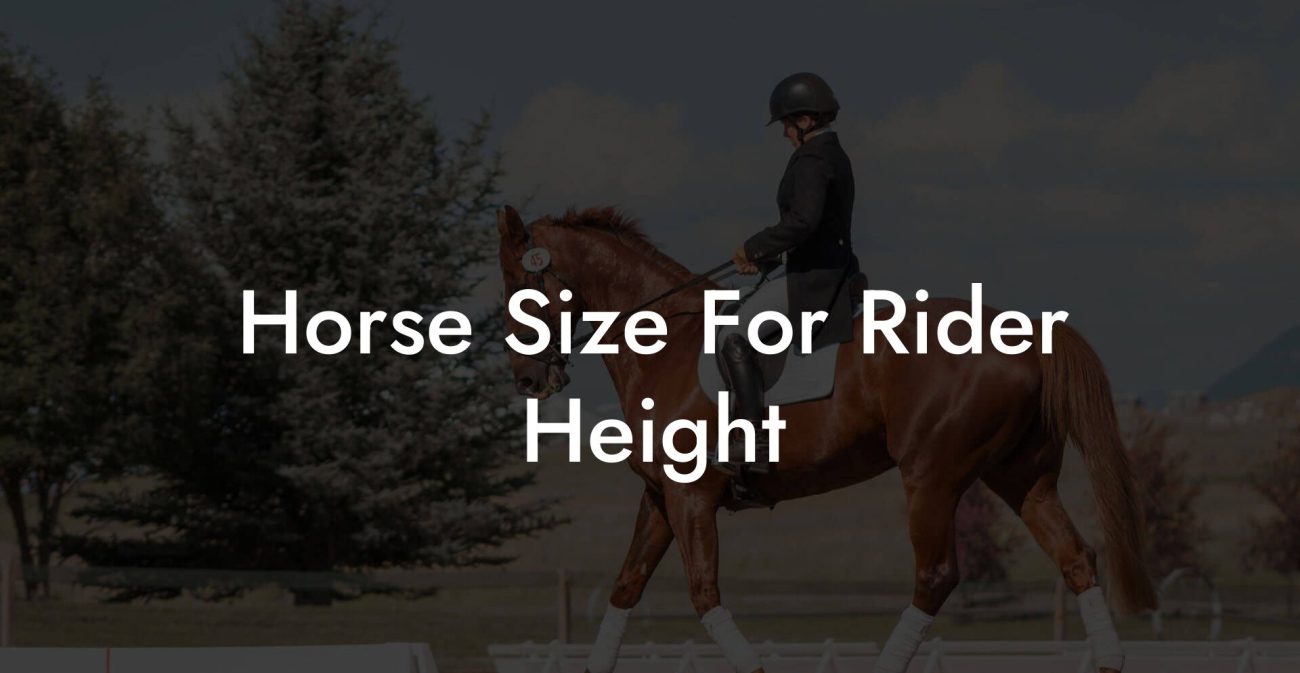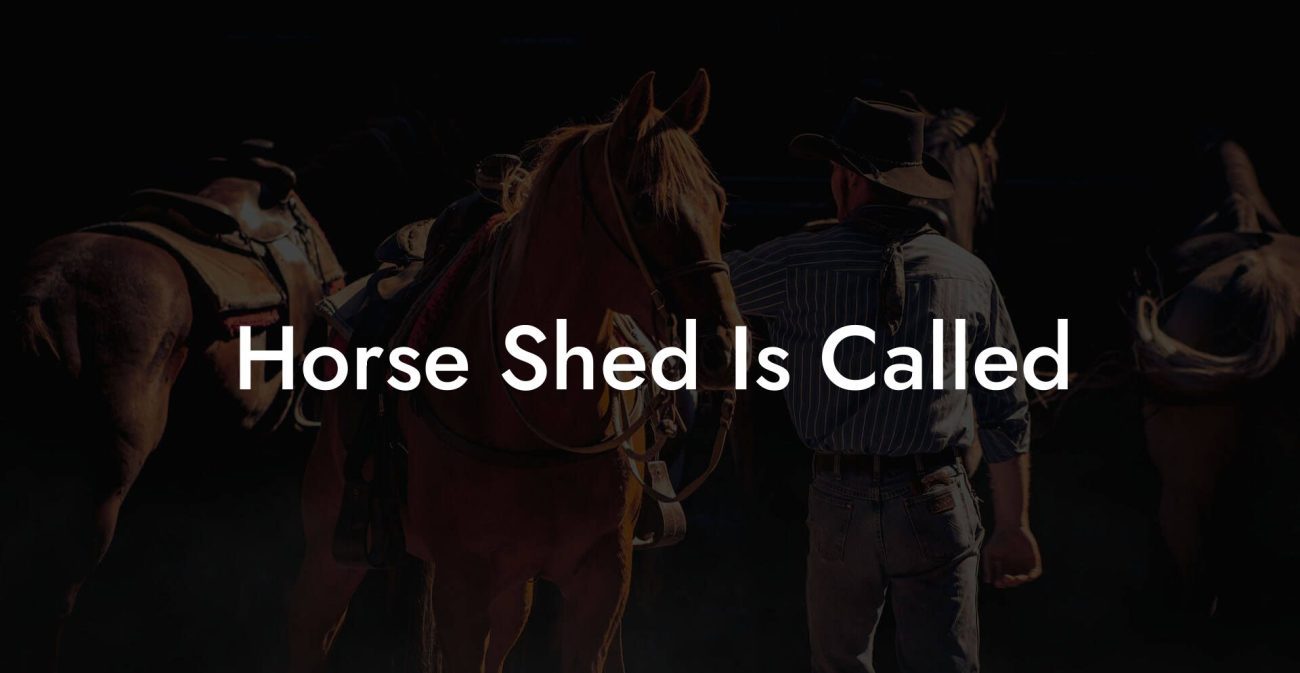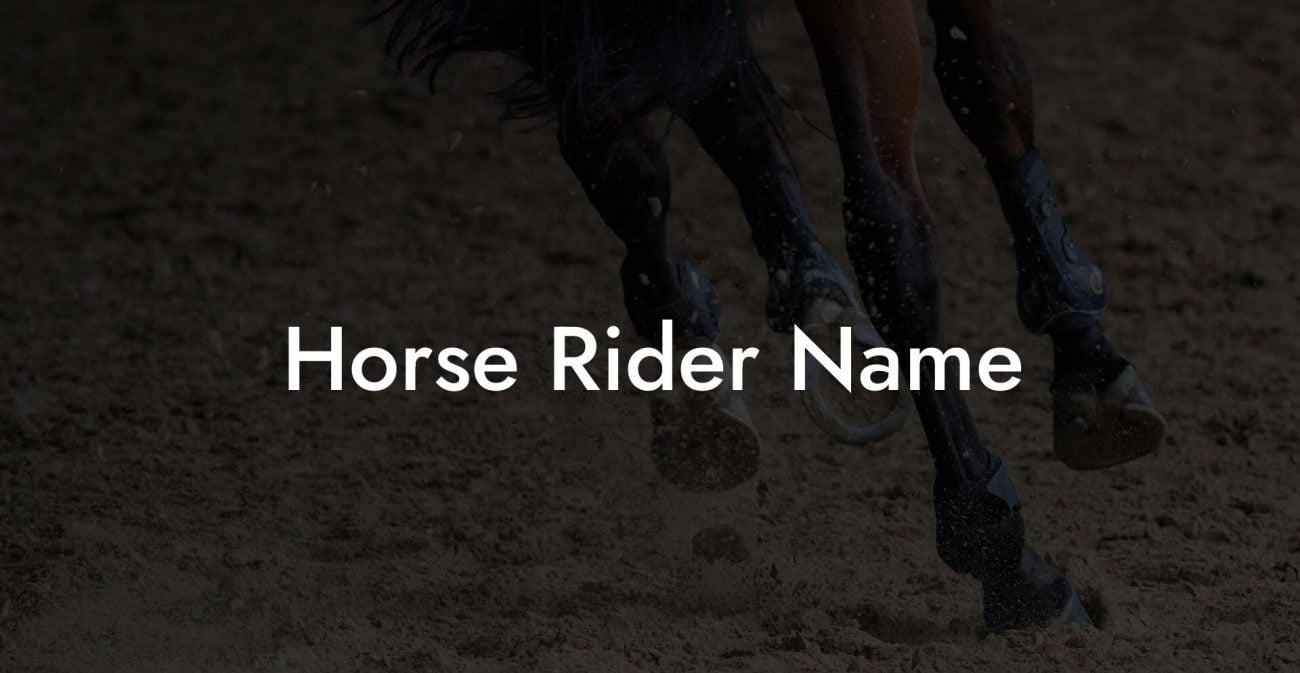Ever watched a horse chow down on a field of fresh, dewy grass while its mane dances in the breeze like a TikTok trend, and wondered, “What’s the secret behind that epic snack attack?” Horses eating isn’t just about satisfying hunger, it’s a lifestyle, a well-choreographed dance of nature and nutrition that even the most discerning Gen-Z or millennial food influencer can appreciate. This guide dives headlong into the fascinating world of equine nutrition, unraveling everything from the basics of forage to advanced feed strategies, and even touches on community tips and tricks. Saddle up as we explore how to care for your majestic companion by understanding what, why, and how our four-legged friends dine like royalty!
Quick Links to Useful Sections
- Understanding the Basics: What Are Horses Actually Eating?
- The Natural Art of Grazing: How Horses Eat in the Wild
- Equine Nutrition 101: The Science Behind a Balanced Diet
- Fiber: The Cornerstone of Equine Diets
- Proteins and Amino Acids: Building Blocks of Strength
- Fats: The Energy Reservoir
- Vitamins and Minerals: The Micronutrient Magic
- The Modern Horse Feed Formula: Beyond Hay and Oats
- Concentrated Feeds: The Energy Boosters
- Roughage: The Unsung Hero of Equine Health
- Supplements and Additives: Tailoring the Feed to the Individual
- Feeding Habits: How, When, and Why Horses Eat
- Multiple Small Meals vs. One Big Meal
- The Role of Routine and Consistency
- Feeding Methods: From Free-Choice Grazing to Controlled Portions
- Holistic Approaches to Equine Nutrition: Integrating Science With Nature
- Integrating Forage with Concentrates
- Seasonal Adjustments
- Herbal and Natural Supplements
- Feeding Challenges: Common Issues and How to Tackle Them
- Picky Eaters and the “I Don’t Feel It” Syndrome
- Weight Management: When to Supplement and When to Dial Back
- Digestive Disorders: Colic, Ulcers, and Beyond
- Mindful Feeding: Techniques to Enhance the Eating Experience
- Establishing a Calm Feeding Environment
- Interactive Feeding Techniques
- Regular Observation and Adjustments
- Advanced Nutritional Strategies: Catering to Performance and Special Needs
- Performance Horses: Fueling Speed and Endurance
- Senior Horses: Adjusting Diets for Aging Champions
- Horses with Metabolic Concerns
- Resources and Community Support: Your Next Steps in Equine Nutrition
- Integrative Case Studies: Real-Life Success Stories in Equine Nutrition
- Case Study 1: From Reluctant Grazer to Active Champ
- Case Study 2: Revitalizing a Senior-Stallion
- Case Study 3: Managing Metabolic Challenges with a Custom Diet
- Creating Your Personalized Equine Nutrition Plan
- Step 1: Comprehensive Assessment
- Step 2: Define Clear Goals
- Step 3: Tailor the Components
- Step 4: Implement Routine and Monitor
- Step 5: Be Adaptive and Informed
- Integrative and Holistic Equine Nutrition FAQs: Your Top Questions Answered
- Your Journey to Mastering Equine Dining: Embrace the Art of Horses Eating
Understanding the Basics: What Are Horses Actually Eating?
At first glance, horses eating might seem as simple as “Nom, nom, nom!” but there’s an art and science to it. Just like humans, horses require a balanced diet tailored to their unique physiology. In the wild, these majestic creatures graze for hours on end; their diets are naturally high in fiber, moderate in protein, and carefully balanced in essential nutrients. So, when you’re caring for a horse, you’re not just tossing grain into a bucket, you’re curating a nutritional experience.
Key Components of a Horse’s Diet:
- Forage: The foundation of equine diets. Fresh grass and hay offer high fiber content that helps maintain healthy digestion.
- Cereal Grains: Sometimes included to boost energy. However, these should be carefully balanced to prevent metabolic issues.
- Supplements: Minerals, vitamins, and other additives may be needed to plug nutritional gaps, depending on the horse’s workload and health.
Integrating these elements isn’t rocket science, but it does require a holistic understanding of what works together. Think of it like assembling a gourmet smoothie bowl, each ingredient has its purpose and needs to be combined in just the right proportions for an optimal blend.
The Natural Art of Grazing: How Horses Eat in the Wild
Horses are evolutionary grazing machines. Their digestive systems are built to process small, continuous intakes of fibrous plant material. In the wild, horses roam vast prairies, nibbling away mindlessly on a smorgasbord of grasses, herbs, and other vegetation. The secret? A uniquely structured digestive tract featuring a large hindgut that ferments fibrous material, think of it as nature’s very own food processor.
This grazing strategy not only provides constant nutrition but also prevents the overwhelming influx of sugars and starches that can wreak havoc on a horse’s delicate digestive balance. In our modern era, equine caretakers aim to mimic this natural diet as closely as possible, balancing the convenience of concentrated feeds with the benefits of natural forage.
Why Grazing is Gold: Constant access to forage maintains a healthy gut microbiome, optimizes digestion, and reduces the risk of colic, a common and sometimes fatal digestive issue in horses.
Equine Nutrition 101: The Science Behind a Balanced Diet
Crafting the perfect meal plan for your horse is akin to creating a nutritious, low-budget meal plan that even your most health-conscious millennial roommate would envy. It requires an understanding of the macro- and micronutrients that fuel a horse’s day-to-day adventures.
Fiber: The Cornerstone of Equine Diets
Horses are built for fiber. The high-fiber content in hay and grass is essential for their digestive health. Fiber helps regulate the gut, providing both the roughage necessary to keep the digestive system moving and a slow-release source of energy.
Proteins and Amino Acids: Building Blocks of Strength
Proteins play a crucial role in muscle repair and growth. While horses generally produce enough protein through pasture grazing, certain conditions such as growth in young horses, heavy work, or recovery from an injury might call for an extra dose of protein-rich feeds.
Fats: The Energy Reservoir
Fats are a dense source of energy and help in efficient nutrient absorption. A modest fat level in the diet helps support stamina and can even increase the palatability of the feed, making it a win-win for those picky equine eaters.
Vitamins and Minerals: The Micronutrient Magic
Even though vitamins and minerals are needed in very small amounts, they play a huge role in maintaining overall health. Calcium and phosphorus, for example, are essential for bone development, whereas electrolytes help balance fluid levels, especially in performance horses.
The modern equine nutritionist has an arsenal of scientifically developed feeds and supplements designed to meet these needs, ensuring that every gallop, jump, and grazing session is optimally fueled.
The Modern Horse Feed Formula: Beyond Hay and Oats
While hay might seem like the dietary equivalent of plain toast, modern equine nutrition has evolved to meet the demands of today's high-performance and leisure horses alike. Today’s feeds are designed with precision, using a blend of traditional ingredients and innovative supplements that cater to specific health needs.
Concentrated Feeds: The Energy Boosters
Concentrated feeds, often in the form of pellets or mixes, are ideal for horses with higher energy demands, think competition stars or working horses. These feeds fill the energy gap when the natural forage might fall short, particularly in regions with seasonal shortages. However, overreliance on concentrated feeds can lead to metabolic issues, so moderation and balance are key.
Roughage: The Unsung Hero of Equine Health
No matter how progressive the feeding regime, roughage remains the unsung hero of equine nutrition. High-quality hay not only supplies fiber but also provides a natural, slow-digesting source of energy. Innovations in hay processing have even led to pelleted forms of forage, making it easier to manage in confined spaces.
Supplements and Additives: Tailoring the Feed to the Individual
Every horse is unique, and sometimes a one-size-fits-all approach just won’t cut it. Supplements can include joint support formulas for older horses, digestive aids to support gut health, or omega-rich products to boost coat shine and overall vitality. When used correctly, these enhancements can be the secret sauce that makes feeding time both effective and exciting.
Integrating these modern feed solutions requires a bit of finesse, modern testing, and a partnership with your trusted equine nutritionist. The goal? To mirror that idyllic pasture diet while harnessing the power of science.
Feeding Habits: How, When, and Why Horses Eat
Just like Instagram users have distinct feeding times for their avocado toast, horses have evolved specific patterns in their eating habits. Understanding these patterns helps in creating a feeding schedule that supports their digestive health and overall well-being.
Multiple Small Meals vs. One Big Meal
Evolution has bestowed upon horses the habit of grazing continuously throughout the day. Ideally, they should have access to forage for 16-18 hours a day. This constant grazing helps maintain a stable digestive system, in contrast to one big meal which can lead to colic and other digestive disturbances.
For the modern caretaker, this often means ensuring that hay or pasture is available at all times. For those in harsher climates or stabled conditions, the challenge is to mimic this natural rhythm with carefully timed feedings to ward off bouts of digestive upsets.
The Role of Routine and Consistency
Just as trending TikTok challenges require consistency to go viral, horses thrive on routine. A regular feeding schedule helps regulate their metabolism and prevent digestive stress. Inconsistent feeding times can result in a confused digestive system, leading to potentially severe issues like ulcers or colic.
Feeding Methods: From Free-Choice Grazing to Controlled Portions
Depending on environmental conditions and the horse’s individual needs, feeding methods can vary:
- Free-Choice Grazing: Offers horses constant access to forage, closely approximating natural feeding behaviors.
- Controlled Portion Feeding: Allows caretakers to manage calorie and nutrient intake, particularly critical for horses with metabolic concerns.
- Innovative Feeding Solutions: Technology, such as automated feeders and smart troughs, assist modern horse owners in ensuring optimal nutrition without constant manual oversight.
Blending these methods appropriately requires insight, observation, and sometimes a bit of trial and error. But once you nail it down, you’ll see not only improved health but also a more content and energetic horse prancing about with vigor!
Holistic Approaches to Equine Nutrition: Integrating Science With Nature
Just as holistic well-being has become the buzzword for self-care routines, equine nutrition too is seeing a shift towards integrative and holistic methodologies. For horses, this means balancing modern nutritional science with natural feeding behaviors to create a diet that promotes overall vitality.
Integrating Forage with Concentrates
The goal is to create a diet that mirrors the natural state yet provides the necessary boost for performance or recovery. By incorporating a moderate amount of concentrated feed while ensuring unlimited access to forage, you support both the horse’s natural grazing habits and extra dietary needs.
Seasonal Adjustments
Much like fashion trends that shift with the seasons, horses’ dietary requirements also adjust based on seasonal availability of fresh forage. In the summer months, lush pasture can meet most nutritional needs while winter often necessitates supplemental hay and grains to compensate for reduced pasture quality.
Herbal and Natural Supplements
Embracing the natural curveball, some horse owners are incorporating herbal supplements and natural additives to boost digestion and support immunity. Ingredients like garlic, apple cider vinegar, and even flaxseed oil have found their way into equine diets, providing additional health benefits that are as trendy as they are effective.
The integration of these holistic approaches not only increases the nutritional value of the diet but also ensures that the horse’s digestive system and overall health receive balanced, natural support.
Feeding Challenges: Common Issues and How to Tackle Them
Even the best-laid feeding plans can hit a snag. Whether it’s picky eating, weight control issues, or digestive troubles, knowing how to navigate these challenges is key to maintaining optimal health.
Picky Eaters and the “I Don’t Feel It” Syndrome
Ever had a friend who refuses that Instagram-worthy smoothie bowl? Some horses can be equally finicky. Picky eating may be caused by boredom, health issues, or even the texture and smell of the feed. Switching up the forage type or introducing a grazing mix might just be the creative twist needed to win them over.
Weight Management: When to Supplement and When to Dial Back
Weight control is a common challenge. Overweight horses are at risk of developing metabolic disorders such as insulin resistance, while underweight horses might indicate an underlying health issue. Regular monitoring and adjusting portions, while ensuring ample exercise, can help these majestic creatures stay in tip-top shape.
Digestive Disorders: Colic, Ulcers, and Beyond
Digestive ailments like colic are the nemesis of equine owners. A sudden change in diet, overfeeding concentrates, or insufficient forage can trigger these serious conditions. Prevention is key, gradually introducing dietary changes, providing consistent access to water and forage, and consulting with an equine nutrition expert can help mitigate these risks.
Remember, a well-informed approach to feeding is akin to following a trusted influencer’s skincare routine, a little proactive adjustment goes a long way in preventing future issues.
Mindful Feeding: Techniques to Enhance the Eating Experience
Modern equine care goes beyond basic nutrition, it’s about enhancing the overall dining experience. Mindful feeding practices have swept across the wellness community, and your horse can benefit too! By integrating mindfulness into feeding times, you can reduce stress, build stronger bonds, and encourage better digestion.
Establishing a Calm Feeding Environment
Think of your horse’s dining area as its very own zen sanctuary. A quiet, stress-free environment free of distractions can make a world of difference. Soft music, routine feeding times, and even aromatherapy in the stable are all modern touches that can help create a relaxed atmosphere.
Interactive Feeding Techniques
Gone are the days when feeding was just “dump and done.” Incorporate interactive feeding methods using slow feeders, puzzle feeders, or scatter feeding in the pasture. These techniques mimic natural foraging behavior, stimulate the mind, and keep your horse entertained, a must-have in an age where engagement is key.
Regular Observation and Adjustments
Keep a close eye on your horse’s eating habits. Has their appetite changed? Do they seem more distracted or less enthusiastic than usual? Regular observation allows for quick adjustments and ensures that any potential issues are addressed before they escalate.
By incorporating mindfulness and interactivity into the feeding routine, you not only promote optimal digestion but also strengthen the bond between you and your equine friend, a win-win for everyone!
Advanced Nutritional Strategies: Catering to Performance and Special Needs
Not all horses are created equal, and their nutritional needs can vary widely depending on their roles. Whether your horse is a competitive sport star, a leisurely trail companion, or a senior with special requirements, tailoring the diet is essential.
Performance Horses: Fueling Speed and Endurance
Performance horses demand an extra kick of energy and muscle-supportive nutrients. For these athletic powerhouses, balancing high-quality carbohydrates, lean proteins, and targeted supplements is crucial. Think of it as the equine equivalent of a pre-workout smoothie loaded with superfoods, but with a scientific twist.
Many trainers and nutritionists now collaborate to develop custom feed formulas that ensure peak performance at the right time, a strategy as popular in equine sports as it is in influencer-endorsed athletic supplements.
Senior Horses: Adjusting Diets for Aging Champions
Aging horses have their own dietary demands. Their metabolism slows down, and dental issues might make chewing challenging. Special senior feeds that are low in starch and high in fiber, often formulated as pellets or easily digestible mash, can help older horses maintain their condition and energy levels.
Additionally, incorporating joint supplements and antioxidants in their diet supports overall health, allowing these seasoned equines to continue enjoying their golden years with gusto.
Horses with Metabolic Concerns
Conditions like Equine Metabolic Syndrome (EMS) require delicate dietary adjustments. Low-sugar, high-fiber feeds, along with controlled portions of grains, help manage these issues. Monitoring body weight and blood glucose levels becomes a vital part of the feeding strategy, turning nutrition into a potent tool in disease management.
Custom-tailored feeding regimens developed in consultation with a veterinary nutritionist are the secret weapon in keeping metabolic concerns at bay.
Resources and Community Support: Your Next Steps in Equine Nutrition
If this journey into the world of horses eating has intrigued you, you're not alone. There’s a thriving community of equine enthusiasts, from casual horse owners to competitive riders, who are passionate about sharing tips, recipes, and hacks for optimal equine nutrition.
Online Forums and Social Media: Platforms like Facebook groups, Reddit threads, and Instagram accounts dedicated to horse care are fantastic resources. Here, you can ask questions, share success stories, and even find products recommended by fellow horse lovers.
Veterinary and Equine Nutritionist Consultations: Partnering with professionals can provide personalized insights and aid in constructing a feeding regimen specifically suited to your horse’s lifestyle and health conditions.
Workshops and Seminars: Look out for local or online events hosted by equine nutrition experts. These sessions often provide hands-on experiences and up-to-date research on the latest advances in feed technology and holistic grazing practices.
Research and Publications: If you’re the type who likes to dive into the nitty-gritty, a wealth of research articles, whitepapers, and publications on equine nutrition is available online. Staying updated will give you that inside scoop on emerging trends and breakthrough studies.
By tapping into these resources, you can transform your knowledge into actionable strategies that genuinely enhance your horse’s well-being. The equine community is vast, engaged, and always eager to welcome new ideas, especially when they come with a fresh twist for the modern era.
Integrative Case Studies: Real-Life Success Stories in Equine Nutrition
Sometimes the best way to understand the power of a well-planned dietary regimen is through real-life examples. Let’s look at a few case studies where total nutritional makeovers have redefined how horses eat, boosting both performance and overall health.
Case Study 1: From Reluctant Grazer to Active Champ
Bella, a once reluctant grazer, struggled with a sluggish digestive system and low energy levels. Her owner, after consulting with an equine nutritionist, revamped her diet to include a mix of high-quality hay, a touch of grain-based concentrate for energy, and a few herbal supplements designed to soothe the gastrointestinal tract. Over several months, Bella transformed from a lethargic pasture dweller to an energetic, agile athlete, proving that thoughtful adjustments can reel in success.
Case Study 2: Revitalizing a Senior-Stallion
Meet Duke, a dignified stallion whose age had begun to take its toll. With dental issues and a naturally slower metabolism, Duke was at risk of losing his spark. Working alongside a veterinary nutritionist, his owner introduced a senior-specific feed regimen, complete with easily digestible pellets enriched with joint supplements and antioxidants. The result? Duke's vitality soared, and that unmistakable twinkle in his eyes returned, a testament to the power of tailored nutrition.
Case Study 3: Managing Metabolic Challenges with a Custom Diet
Oliver, a spirited performance horse, was diagnosed with Equine Metabolic Syndrome. His management plan centered around a meticulously balanced diet low in sugars but high in fiber, supplemented by regular exercise and continuous monitoring of his body condition. Over time, Oliver’s weight normalized, and his performance improved dramatically, highlighting how a scientific approach to feeding can transform health outcomes.
These case studies demonstrate that whether you're dealing with a picky eater, a senior horse, or a high-performance athlete, there’s a nutritional plan out there that can unlock your horse’s true potential.
Creating Your Personalized Equine Nutrition Plan
Designing a custom diet for your horse might feel as daunting as curating the perfect social media persona, but it’s all about balancing quality ingredients with smart strategy. Here’s a step-by-step guide to get you started:
Step 1: Comprehensive Assessment
Begin with a thorough evaluation of your horse’s health, activity level, and current dietary habits. Consult a veterinary professional or an equine nutritionist to assess nutritional needs, potential deficiencies, and any health concerns that need addressing.
Step 2: Define Clear Goals
Whether you aim to boost performance, aid in weight management, or simply maintain robust overall health, clearly defined goals will guide your nutritional strategy. Think of it like mapping out the perfect feed plan that’s as on-point as your favorite playlist.
Step 3: Tailor the Components
Combine forage, concentrates, supplements, and fresh water into a day-long plan that suits your horse’s lifestyle. Experiment with proportions while monitoring their response, after all, every horse is as unique as your Instagram feed.
Step 4: Implement Routine and Monitor
Establish a consistent feeding schedule and stick to it. Keep a journal of feeding times, changes in behavior, and any noticeable improvements. Regular reviews with your equine nutritionist can help fine-tune the plan, ensuring your horse continues to thrive.
Step 5: Be Adaptive and Informed
The world of equine nutrition is constantly evolving, just like the ever-changing trends on social media. Stay updated on the latest research, and be ready to adjust your plan as needed. A flexible, informed approach will always lead to the best outcomes.
Creating your personalized equine nutrition plan is a journey of experimentation, observation, and continual improvement. With dedication and the right information, you’ll unlock the secret to a happy, healthy horse, one meal at a time.
Integrative and Holistic Equine Nutrition FAQs: Your Top Questions Answered
Below are some of the most frequently asked questions about how to create a balanced, holistic diet for your horse. We’ve included all the critical info you need to ensure your equine friend eats like a champion.
1. What constitutes a balanced equine diet?
A balanced equine diet typically includes unlimited access to quality forage (grass or hay), supplemented with measured amounts of concentrated feeds and necessary vitamins and minerals. The goal is to mimic natural grazing while providing targeted nutrients for your horse’s needs.
2. How often should a horse be fed?
Horses are designed to graze for most of the day, ideally 16-18 hours. In managed settings, multiple small feedings or free-choice access to forage is recommended to maintain digestive health and prevent issues like colic.
3. Can I use supplements to compensate for poor forage quality?
Yes, supplements such as mineral mixes, vitamins, and digestive aids can help support overall health when forage quality is subpar. However, always consult with a veterinary nutritionist to ensure balanced supplementation.
4. What are the risks of overfeeding concentrated feeds?
Overreliance on concentrated feeds can lead to metabolic disorders, obesity, and digestive issues like colic. They should supplement rather than replace the natural forage-based diet.
5. How do seasonal changes affect my horse’s diet?
Seasonal variations can significantly impact forage availability and nutritional content. In the summer, abundant fresh grass may meet most needs, while winter might require supplemental hay and carefully measured grains to compensate.
6. Are there modern technologies to help manage my horse’s feeding schedule?
Absolutely. Automated feeders, digital feeding logs, and smart waterers are among the innovative tools that help maintain consistent feeding schedules and monitor your horse’s nutritional intake.
7. How can I tell if my horse is not getting enough nutrition?
Signs of nutritional deficiency may include weight loss, a dull coat, decreased energy, or poor performance. Regular check-ups and monitoring body condition scores are essential for early detection.
8. Can interactive feeding help in my horse’s overall well-being?
Yes, using puzzle feeders or scattering feed encourages natural foraging behavior, stimulates mental engagement, and can reduce stress, beneficial for overall health.
9. What role does hydration play in equine nutrition?
Hydration is critical for muscle function and digestion. Always ensure access to clean, fresh water as part of a comprehensive diet.
10. How do tailored diets benefit performance horses differently than leisure horses?
Performance horses require a higher caloric intake, more specialized supplements for muscle and joint support, and precise nutritional timing to match their work demands compared to horses kept for leisure.
Your Journey to Mastering Equine Dining: Embrace the Art of Horses Eating
Embracing the intricacies of horses eating is more than just managing a feeding routine, it’s about understanding a lifestyle. From wild grazing behaviors to the modern science of equine nutrition, every step of the way is a chance to bond deeper with your horse and elevate their health. With mindful feeding, carefully tailored diets, and a dash of innovation, you’re setting the stage for a life where every meal is a celebration.
Whether you’re a first-time horse owner or a seasoned equine enthusiast, integrating these insights into your daily routine means more energetic gallops, healthier coats, and that undeniable spark of vitality. The journey to optimized equine nutrition is ongoing; each experiment, observation, and adjustment brings you closer to a harmonious balance.
So grab your favorite stable-friendly playlist, dive into a bowl of high-quality forage, and start transforming the way you view horses eating. Celebrate the simple joys of nature and nutrition, and empower your horse to thrive in every stride. Your adventure in equine dining begins now, bold, informed, and utterly transformational!
Remember, every meal is an opportunity: a chance to channel the wild spirit of the open plains, fuse modern science with ancient grazing wisdom, and craft a narrative of health that’s as epic as a viral video. Embrace it, share it, and join a community that’s rewriting the rulebook on equine care.

